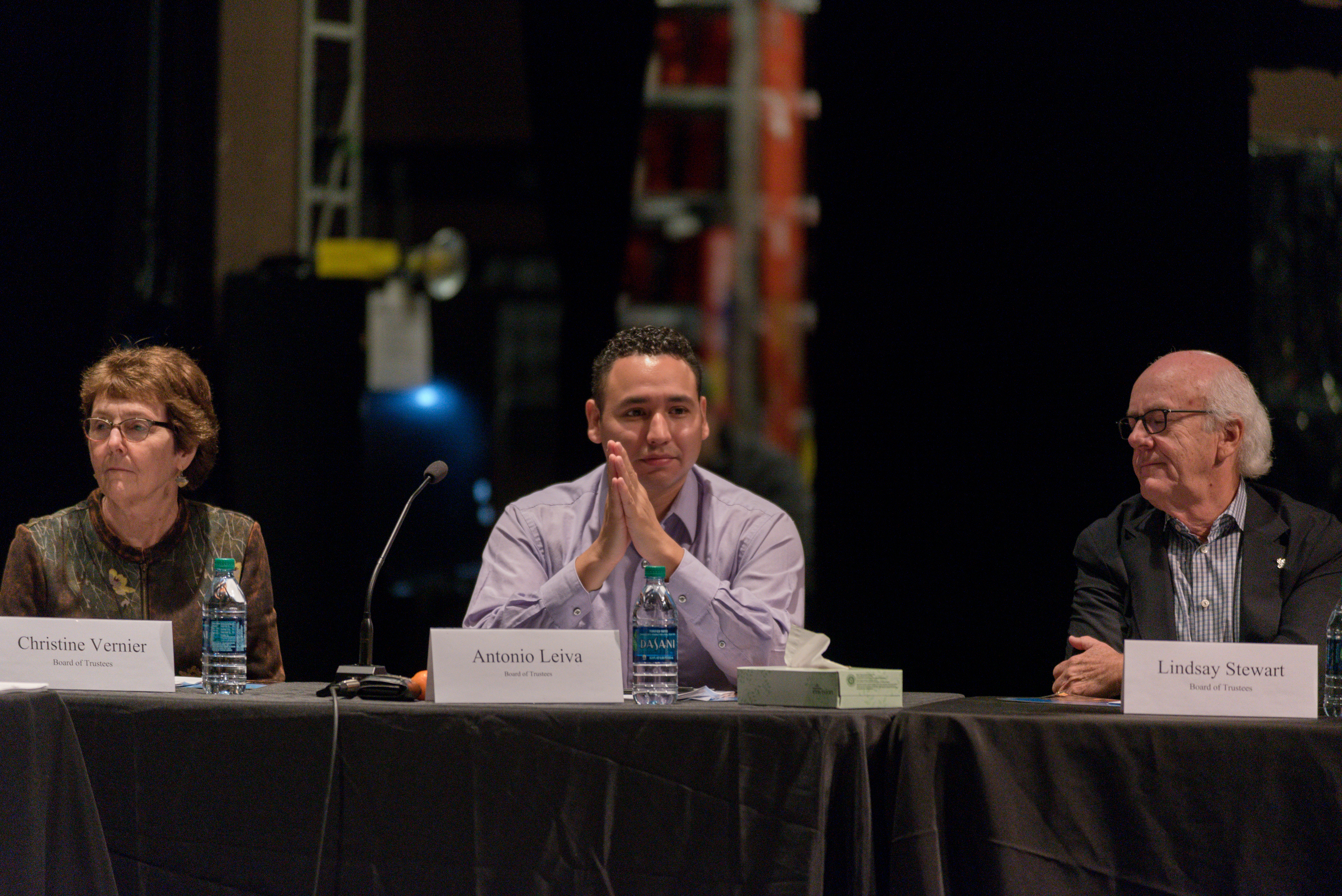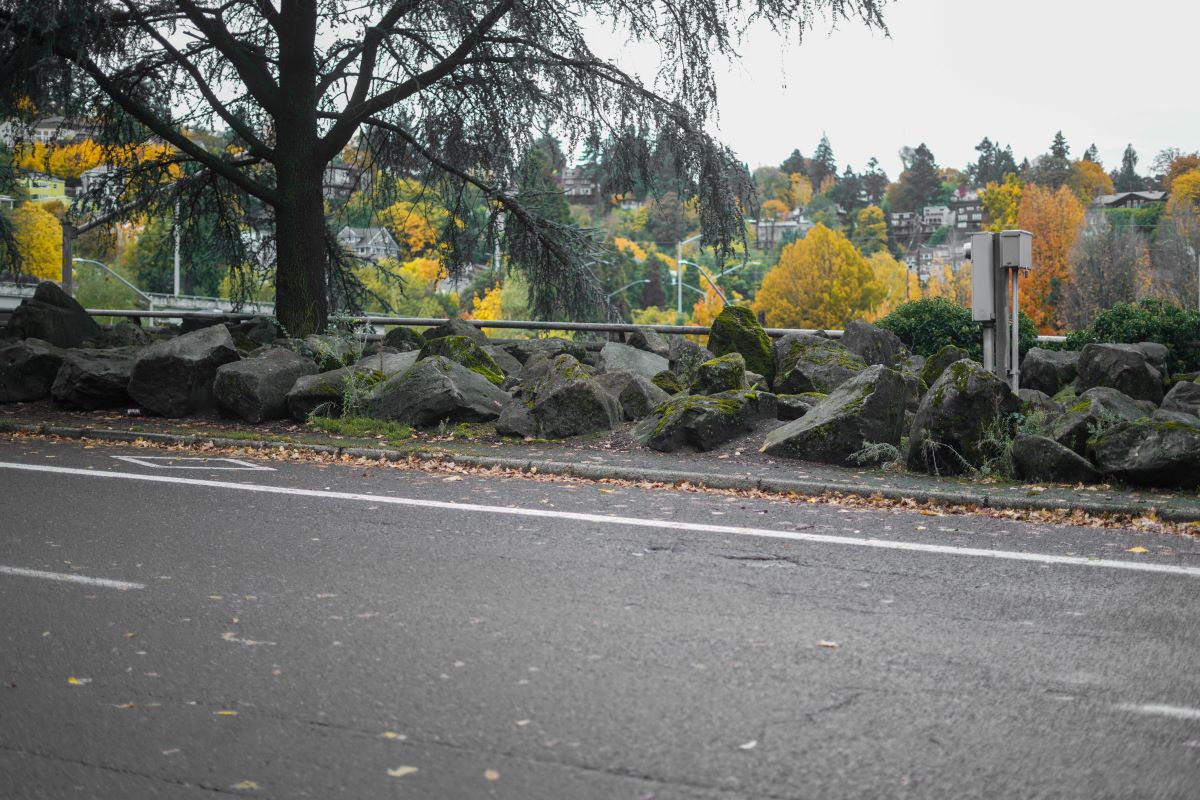April 27 Abuja, Nigeria: Nigeria’s Senate passed a bill on Wednesday which imposes a jail sentence of at least 15 years for anyone who pays a ransom to free a kidnapped person. The bill also made abduction punishable by death in instances where a victim dies. Kidnappings have plagued Nigeria for the past decade, with several armed gangs mostly active in the northern states of the nation. Kidnappings for ransom included students, villagers and highway motorists, though the gangs were also responsible for thousands of killings. The bill was an amendment to the preexisting terrorism law, and mandated the death penalty for convicted kidnappers in cases of loss of life due to abduction as well as life imprisonment in other circumstances. Michael Opeyemi Bamidele, chairman of the Judiciary, Human Rights and Legal Matters committee, told the Senate that making ransom payments punishable by death would “discourage the rising spate of kidnapping and abduction for ransom in Nigeria, which is fast spreading in the country.” Nigerian President Muhammadu Buhari has taken the step to officially classify the armed gangs as terrorists. However, this has not been successful in stemming the kidnappings which are an almost daily occurrence. Following the passage of the bill, it will now be debated in the lower chamber of the National Assembly before being sent to the president for signature.
April 28, Shanghai, China: For the past four weeks, the city of Shanghai has been dealing with China’s largest COVID-19 outbreak since the beginning of the pandemic, remaining in a critical stage despite various efforts to alleviate the outbreak. So far the city has taken steps to make resources such as vaccinations for elderly residents more available. On April 27, Shanghai witnessed a 22% drop in new asymptomatic cases which marked the lowest rate in 24 days for the city. Deputy Director for the Shanghai Municipal Health Commission, Zhao Dandan, spoke at a briefing on Thursday, and reported that every district in the city is coordinating with “prevention and control efforts.” “On the condition that epidemic risks are controlled, and with the elderly as the focal point, we are actively promoting COVID-19 vaccinations,” Zhao said. He added that community vaccination vehicles and temporary vaccination stations in care homes were being deployed to the districts. Shanghai’s harsh lockdown has contributed to growing fears that China will be trapped in a process of lifting and imposing lockdowns for the upcoming months, as it has caused a great deal of strife to the economy while exasperating the population. Several schools and public spaces in Beijing were closed April 28 as much of the capital’s 22 million resident population prepared to participate in mass COVID-19 testing, with the intention of avoiding a Shanghai-like lockdown, according to Reuters.
April 28 New Delhi, India: India faced harsh repercussions of global warming in the past week, as large swathes of South Asia experienced intense heat waves, Reuters reported. Last month was India’s hottest March on record, and the heat does not seem to be dwindling. Indian Prime Minister Narendra Modi has been prompted to warn about increasing fire risks as the country heats up rapidly. India experienced its worst electricity shortage in six years, as early school and other closures forced people indoors. Temperatures in New Delhi rose past 40°C (104°F) consistently for several days—and they are expected to hover around 44°C (111 °F) until Sunday—with peak summer heat expected to arrive before monsoon rains in June. Health officials in Gujarat made arrangements for a potential spike in patients. “We have issued an advisory to hospitals to set up special wards for heat stroke and other heat-related diseases due to the rise in temperatures,” said Manoj Aggarwal, the state’s health secretary, told Reuters.






